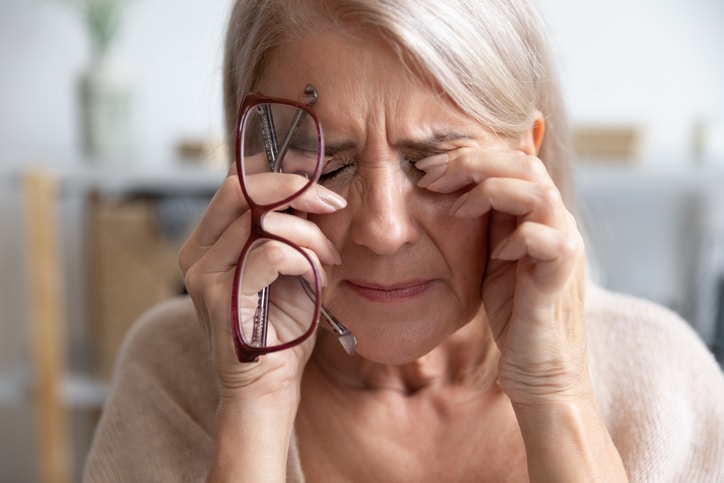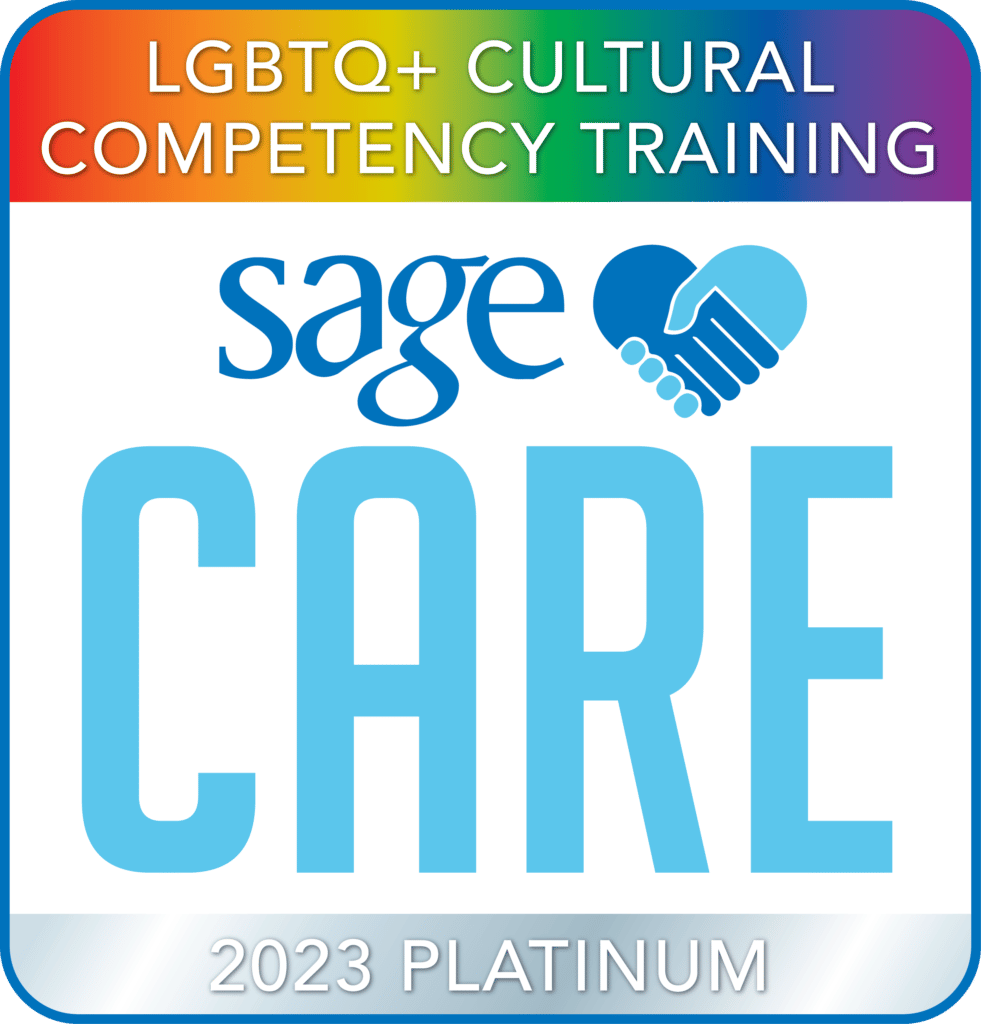How to Spot Early Signs of Vision Loss

Growing older is a privilege that not everyone gets to experience. With age comes a level of wisdom that can only be gained through many life experiences. Aging is a really great thing – most of the time. Unfortunately, sometimes our bodies can’t keep up with all that our minds are taking in. One issue in particular that can arise with aging is vision loss. However, early detection allows seniors to treat their symptoms before any permanent vision loss happens. Our assisted living team in Pitman, NJ, will also go over different ways to prevent vision loss from happening or worsening.
Conditions that Lead to Vision Loss in Seniors
First, it’s important to note that the following conditions cause vision loss in older adults: glaucoma, cataracts, diabetic retinopathy, macular degeneration, retinitis pigmentosa, optic nerve inflammation, and if there is inadequate blood supply to the retina. Annual eye exams are crucial in diagnosing one of these conditions early before any permanent sight loss happens.
Early Symptoms of Vision Loss in Older Adults
There are early symptoms of sight loss that seniors should not brush off. Some of these signs come on suddenly, and others are more gradual over time. Either way, if you or a loved one are experiencing the following issues, it’s essential to get checked out.
- Blurry vision
- Seeing double
- Seeing flashes of light that aren’t actually there
- Having “floaters” or “spider webs” in your line of sight
- Sudden sensitivity to light or glare
- Itching, burning or red eyes
- Seeing rainbows or halos around lights
- Sudden eye pain
- Changes in eye color
- Appearance of white areas in the pupils
- Seeing what looks and feels like a curtain coming down over one eye
- Sudden decrease of vision
5 Ways to Prevent Vision Loss in Seniors
- Eating healthy is key to maintaining your vision. Including foods rich in antioxidants, omega-3 fatty acids, and vitamins A and C in your diet are vital to this eyesight preservation. Leafy green vegetables, eggs, nuts, and oily fish (mackerel, tuna, and salmon) are great, nutritional options to incorporate into your daily food consumption.
- Quit or cut down on alcohol. Drinking too much alcohol can trigger negative chemical reactions that are damaging to the eyes and can lead to macular degeneration
- Consume less sugar and fat. Too much sugar can create the same chemical reactions as alcohol, and too much fat in your diet can directly affect blood flow in your arteries. Reduced blood flow means a restricted flow of oxygen and nutrients to your organs, including your eyes. The overconsumption of sugar also heightens your risk of developing diabetes, which is the leading cause of blindness in adults.
- Stop smoking. Smoking increases your risk of developing cataracts, optic nerve damage and macular degeneration, so it’s best to try and kick the habit as soon as possible.
- Invest in good-quality sunglasses: Too much exposure to ultraviolet (UV) rays heighten your chances of cataracts and macular degeneration. We recommend investing in a pair of sunglasses that block 99% or 100% of UVA and UVB rays, as poor-quality sunglasses can actually increase your exposure to UV rays.
Healthy senior lifestyles at Pitman
One of our top priorities at Pitman is to keep our residents accountable in all aspects of their health. Besides expert medical care available 24/7, we also offer a variety of fitness activities to satisfy every resident’s mobility, such as Zumba, yoga and chair dancing. A trained associate is always there to lead each class and can modify any exercise if needed. UMC at Pitman also provides nutritious meal plans packed with vitamins and minerals to help keep unfavorable health conditions at bay, like vision loss.
To find out more about how we’re keeping independent seniors healthy in Pitman,NJ, please call us today or visit our website at: https://umcommunities.org/pitman/




